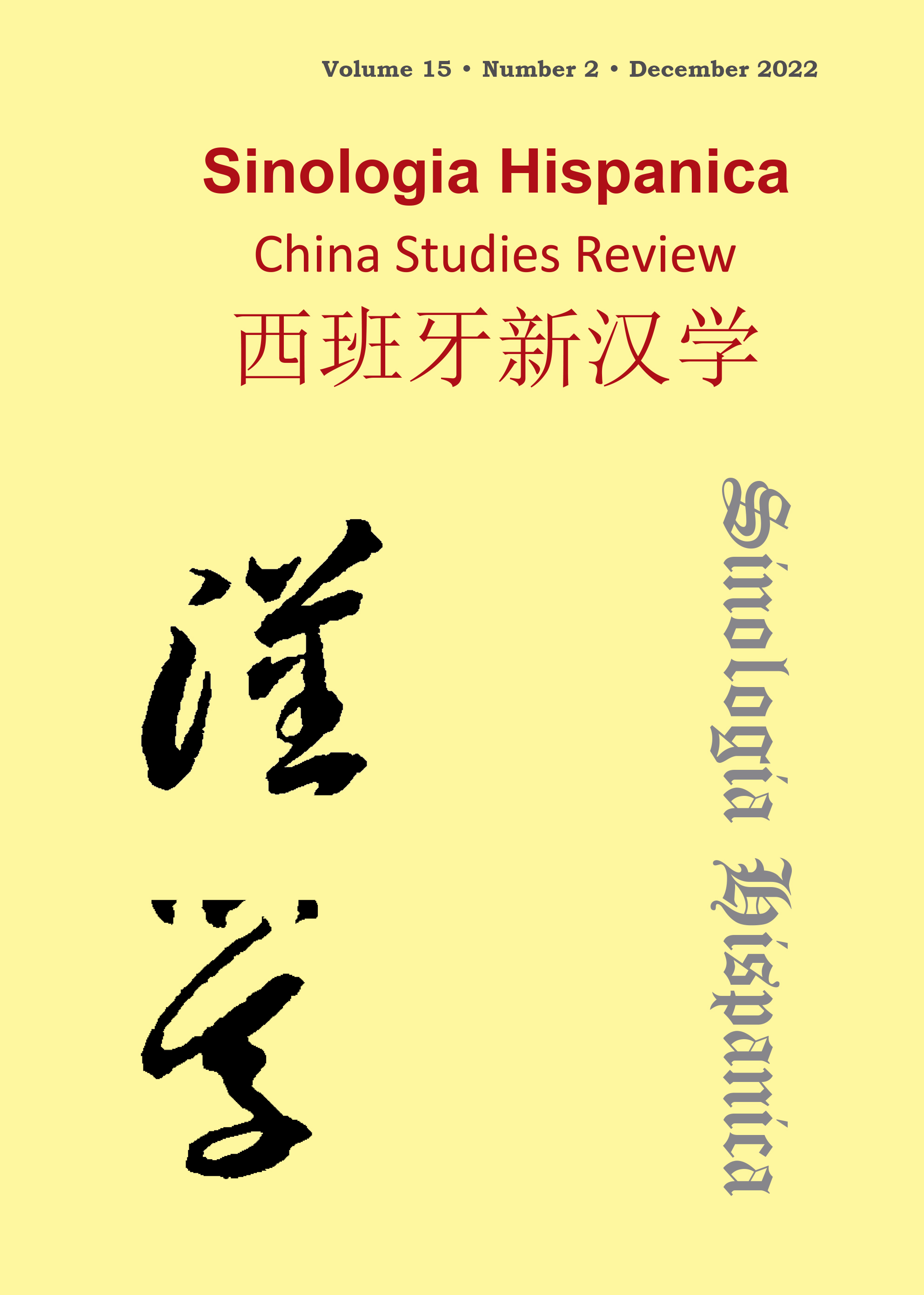The Presence of Classical Chinese Works in Libro de Sueños by J. L. Borges: Transmission and Rewriting
DOI:
https://doi.org/10.18002/sin.v15i2.7474Keywords:
Borges; Libro de sueños; Chinese fantastic tales; rewriting; sinology.Abstract
In this paper, we proceed to study and analyze the classical Chinese stories that appear in Borges’ anthology Libro de Sueños (Book of Dreams). Since Borges did not speak Chinese, we will try to discover the sources of these stories through his reviews of the translations into English and German of the Chinese canonical books, published in El Hogar, Sur and La Nación magazines in the 1930s and 1940s. We also aimed at examining the reason for the selection of these Chinese fictions, since the recurrent Borgesian themes (the mirror, the labyrinth, the nightmare, the double, the parallel universe, and the paradox of time) appear in these stories, as well as to discover the author’s identity; not only as a copyist, but also as an author, through the transmission and rewriting of these Chinese stories.
Downloads
Métricas alternativas

Downloads
Published
Versions
- 2024-03-06 (2)
- 2022-12-22 (1)
How to Cite
Issue
Section
License

This work is licensed under a Creative Commons Attribution-NonCommercial-ShareAlike 4.0 International License.
Sinología Hispánica. China Studies Review considers all manuscripts on the strict condition that:
- The authors assign the exploitation rights (reproduction, distribution, public communication and transformation) of the work accepted for publication to the University of León on a non-exclusive basis. Authors can establish, on their own, additional agreements for the non-exclusive distribution of the version of the work published in the journal (for example, placing it in an institutional repository or publishing it in a book), always acknowledging the initial publication. in this magazine.
- The manuscript is your own original work and does not duplicate any other previously published work, including your own previously published work.
- The manuscript is not currently under consideration or peer review, nor accepted for publication, nor in press, nor published elsewhere.
- The manuscript contains nothing that is abusive, defamatory, libellous, obscene, fraudulent, or illegal.
- Please note that Sinologia Hispanica uses Turnitin software to screen manuscripts for unoriginal material. By submitting your manuscript to Sinologia Hispanica you are agreeing to any necessary originality checks your manuscript may have to undergo during the peer-review and production processes. Any author who fails to adhere to the above conditions will be rejected.
- Authors are allowed and encouraged to electronically disseminate the pre-printed versions (version before being evaluated) and / or post-printing (version evaluated and accepted for publication) of their works before publication, since it favors their circulation and dissemination more early and with it, a possible increase in its citation and reach among the academic community.
Sinologia Hispanica is under an international license Creative Commons Attribution-Noncommercial-Share Alike 4.0. You can read more about this license in an informative version and legal text.









